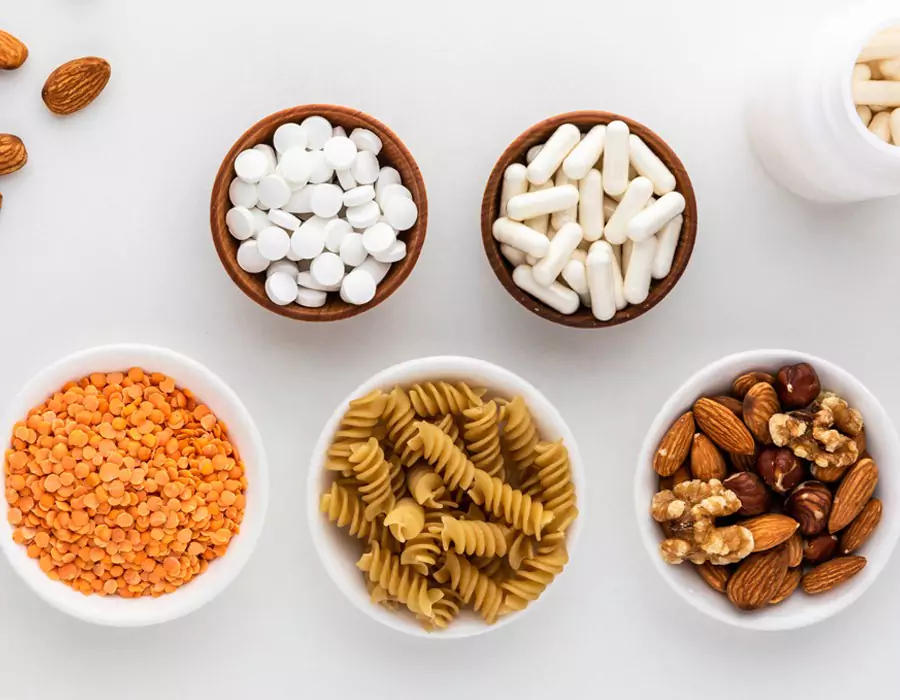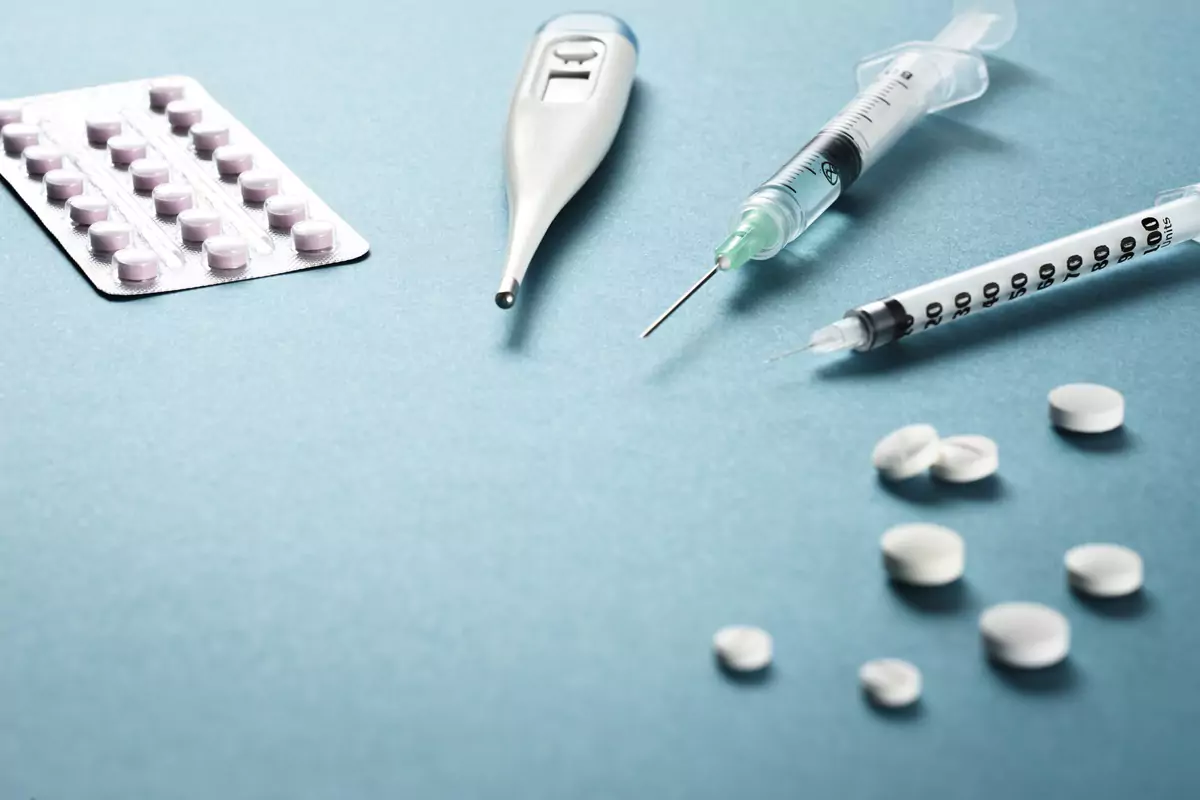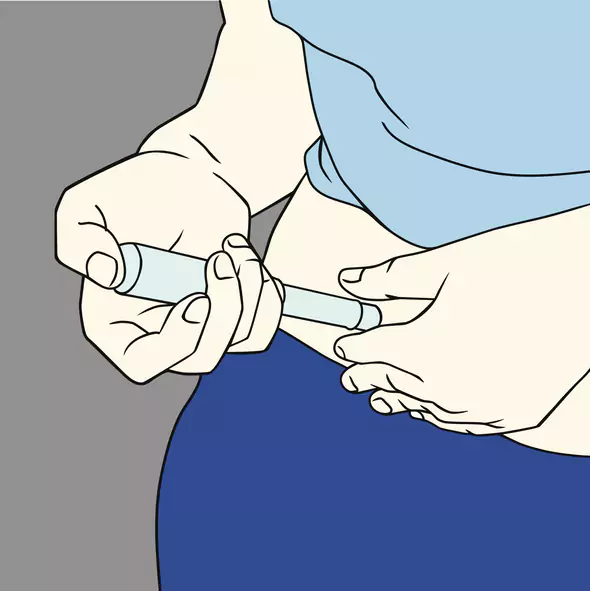
UP TO 40% OFF SITEWIDE






Berberine for Diabetes can be a great addition!


Table of Contents
- Berberine for Diabetes – What You Need to Know
- Should You Take Berberine for Diabetes?
- What Are the Benefits of Berberine for Diabetics?
- Why Take a Berberine Supplement for Diabetes
- Why Do People Prefer to Use Berberine vs Metformin for Diabetes?
- Why is Dihydroberberine Considered the Super Berberine?
- Berberine Side Effects
- Berberine Dosage for Diabetes
- How Long Does it Take for Berberine to Lower Blood Sugar?
- How To Avoid Gastrointestinal Side Effects from Berberine?
Berberine for Diabetes – What You Need to Know
Berberine is a diabetes supplement commonly used for treating Type 2 diabetes. So, what are the effects of berberine? Where is its usefulness? And what is the recommended berberine dosage for diabetes? Berberine is a bioactive compound that comes from a variety of plants, including a group of shrubs called Berberis.
Some plants that contain berberine include goldthread, goldenseal, philodendron, turmeric, European barberry, and Oregon grape. Berberine is known as a compound with a high potential to help increase a user’s insulin sensitivity. It has been tested in hundreds of different studies to see its effect on Type 2 diabetes and cholesterol.
Should You Take Berberine for Diabetes?
The berberine compound has been incorporated into traditional Chinese medicine for a long time. Berberine served as an anti-inflammatory at first. But after thorough research, researchers revealed other capabilities of berberine, and this includes its anti-diabetic effects.
Berberine has beneficial effects on many-body systems. After it is absorbed by the body it gets transported into the bloodstream. Inside the cells, it attaches to what we call “molecular targets” and changes their function. This is similar to how pharmaceutical drugs work.
I am not going to get into much detail here, because the biological mechanisms are complicated and diverse but contact me if you have questions about the biological process to learn more.
What Are the Benefits of Berberine for Diabetics?
As we mentioned, the benefits of berberine are diverse. They can include the following:
- Improve your insulin resistance
- Berberine can help lower fasting blood glucose
- Berberine lowers blood sugar
- Improves cholesterol, especially triglycerides can improve dramatically.
- You will enjoy lower HbA1c levels
If these are areas you are looking to improve, Dr. Ergin’s SugarMD Glucose Defence has 12 different ingredients to help you manage your diabetes a little bit easier.
Why Take a Berberine Supplement for Diabetes
In addition to being used for centuries and centuries, it works with a cellular mechanism called amp kinase, and this is an enzyme that works as a partial signal switch, it helps you improve your insulin resistance, as it makes your body break down glucose better and faster as a result of that your cholesterol improves and as a result, your level of LDL improves.
Also, it improves the gastrointestinal flora by raising good bacteria and helps reduce the absorption of carbohydrates or the breakdown of carbohydrates.
Why Do People Prefer to Use Berberine vs Metformin for Diabetes?
Metformin is one of the most common oral anti-diabetic agents known today. This medication is used to lower the blood sugar level in the body. Like berberine, it also increases the body’s sensitivity to insulin, leading to decreased blood sugar levels.
Although berberine sometimes causes side effects, just like metformin, it is preferred by many people because it is completely natural and poses a lower toxic potential than other oral hypoglycemic agents like metformin. Berberine is a totally natural plant-based supplement, unlike pharmaceuticals like metformin. Both berberine and metformin can cause gastrointestinal distress but berberine is less so.
Why is Dihydroberberine Considered the Super Berberine?
Dihydroberberine is a derivative of berberine and is known as its superior form. Because of the chemical structure of dihydroberberine, it can be easily absorbed by the body. After being oxidized, it transforms back as berberine that will now be sent into the bloodstream. In simpler terms, only a part of the standard berberine gets to pass the gut and be absorbed.
Berberine has a flawed conversion system that leads to less absorption, distribution, and metabolism. As a result, a more significant percentage of the dose taken is wasted. This is why dihydroberberine is superior to berberine.
When you directly take dihydro berberine, this more active form will not be wasted anymore. It can be easily absorbed, distributed, and metabolized inside the body. Scientists also discovered the higher bioavailability of this dihydro berberine compared to berberine. They have revealed that dihydro berberine can be absorbed five times greater than the absorption of berberine.
Berberine Side Effects
Just like other supplements or medications, intake of berberine may also have side effects. Note that the side effects dihydro berberine will produce are much less compared to berberine or even metformin. The majority of these side effects are focused on the gastrointestinal system. This supplement may cause the following in a minority of patients, especially when taken excessively:
- Constipation
- Diarrhea
- Stomach ache
- Stomach cramps
- Flatulence
- Indigestion
- Headache
When taken in controlled doses, users would have no problem with berberine supplements.
Berberine Dosage for Diabetes
Most diabetics take between 1,000–1,500 mg per day of berberine. Since berberine make’s its way through the body relatively quickly, this is presented in 500mg doses, 2-3 times per day.
How Long Does it Take for Berberine to Lower Blood Sugar?
When it comes to berberine and blood sugar, berberine has proven effective in lowering blood sugar in diabetics. It can take a few weeks to see the results when taken consistently and at appropriate doses. Always follow the directions on the bottle or contact your doctor.
How To Avoid Gastrointestinal Side Effects from Berberine?
Instead of using 1,000 or 2,000 milligrams of berberine per day, try 300 milligrams of berberine for each serving. You could also consider trying dihydro berberine instead of berberine for your diabetes. You may still experience stomach issues with dihydroberberine but users typically experience less when compared to the side effects of berberine.
NOTE: You should discuss with your healthcare provider if you want to use a higher dose of berberine for diabetes. In the end, berberine helps your diabetes and offers a lot of benefits. It is just one of the few medical supplements that can be compared with pharmaceutically-produced medications for its effectiveness on diabetic symptoms.
With a berberine supplement, you can enjoy your occasional cheat meals with your family without worrying about your blood sugar shooting up. You can also eat without having to worry all the time! This can be done by taking your berberine or dihydro berberine regularly and practicing healthy eating to achieve good A1c and diabetes control.
However, like any diabetic supplement or medicine, it is not a miracle worker. You should always supplement berberine with a healthy diet and exercise to help you better control your diabetes. Try berberine supplements or check out SugarMDs diabetic supplements that blend natural treatments with modern science into an unprecedented proprietary glucose support formula.
If you want to inform us of any problem or want to improve something on the website, do not hesitate to contact us via e-mail Otherwise, you can check out our new book, The Ultimate Diabetes Book from SugarMDs. It is the only book you will ever need to help manage and beat your diabetes. Ahmet Ergin, MD, CDCES, FACE Endocrinologist & Diabetes Expert Have You Tried Dihydroberberine or Berberine Supplements for Your Diabetes?
Written By Dr. Ahmet Ergin
464 total articles
Meet Dr. Ahmet Ergin, a highly skilled and dedicated endocrinologist with a passion for diabetes care. Dr. Ergin earned his medical degree with honors from Marmara University in Istanbul. He completed internal medicine residency and endocrinology fellowship at Cleveland Clinic. Dr. Ergin is board-certified in Internal Medicine, Endocrinology, Diabetes, and Metabolism due to his vast medical expertise. He's a certified diabetes educator, author of “The Ultimate Diabetes Book,” and founder of “the SugarMD YouTube channel.” Dr. Ergin offers exceptional diabetes care to his patients in Port Saint Lucie, FL, helping them manage effectively. For a closer look into his insights and experiences, connect with Dr. Ahmet Ergin on LinkedIn, Instagram, and YouTube.”
Disclaimer: These statements have not been evaluated by the Food and Drug Administration. Information on this website isn't intended to treat, cure or prevent any disease. Discuss with your doctor and do not self-treat.
Products













